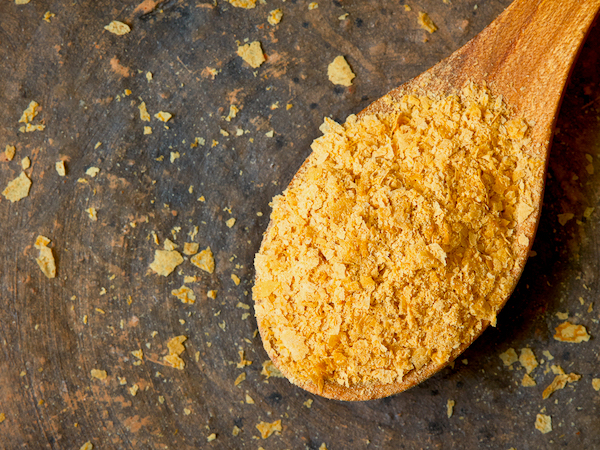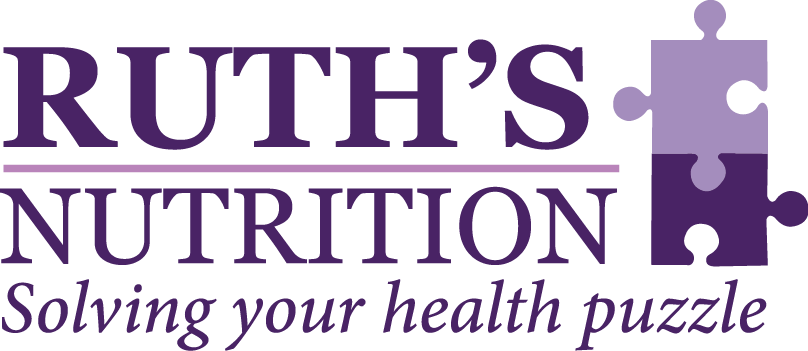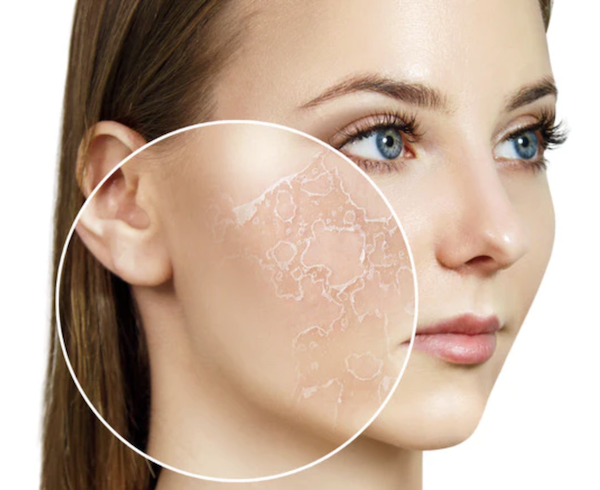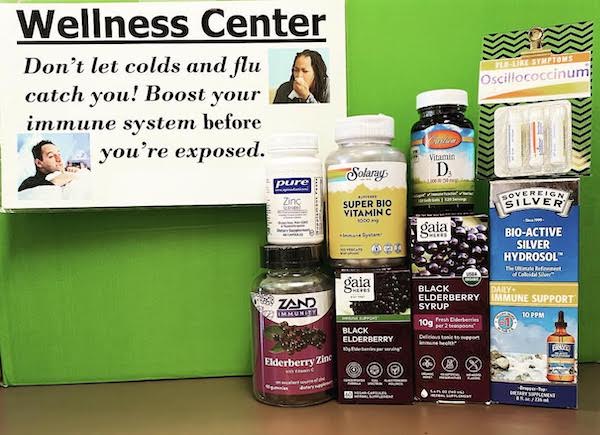The golden flakes packed with protein, fiber, trace minerals, and B vitamins

Nutritional yeast is an unusual food product probably best known to vegans, but it offers multiple benefits to anyone who chooses to use it. The yellow powder or flakes are packed with easy-to-digest protein, fiber, trace minerals, and B vitamins.
The Basics
First, the basics about yeasts. There are three types of yeast products made from Saccharomyces cerevisiae, and they definitely are not the same.
Baker’s yeast: This product is alive and used to leaven bread. It gets killed during baking, but it adds an earthy, yeasty flavor.
Brewer’s yeast: Purchased alive, it’s used to brew beer. The dead yeast cells left over from the brewing process are sold as a nutritional supplement, but the taste can be very bitter.
Nutritional yeast: This yeast is grown specifically as a food product. The yeast is killed during manufacturing. The final product – sold as powder or flakes – adds a cheesy, nutty, savory flavor to cooking.
Nutritional Powerhouse
While 2 tablespoons of nutritional yeast naturally contains only 50 calories, it supplies 8 grams of protein, 4 grams of fiber, 1 gram of fat, 5 grams of carbohydrate, and no sugar or gluten. It’s also a significant source of thiamine (B1), riboflavin (B2), Pyridoxine (B6), potassium, and zinc. If it’s fortified, as most retail products are, it also offers up high levels of vitamin B12 and folic acid, both of which help your body make and maintain DNA and red blood cells.
Keep in mind that nutritional yeast is a complete protein, containing all nine essential amino acids just like animal protein. This makes it a great choice for vegans.
Antioxidant Powerhouse
Free radicals – uncharged particles that can cause cell damage – assault us daily. Antioxidants from the diet help minimize this damage by binding to the free radicals and essentially disarming them.
Nutritional yeast contains two potent antioxidants: glutathione (the body’s master anti-inflammatory) and selenomethionine. These powerhouses protect your cells from free radicals, heavy metals, and help your body eliminate environmental toxins.
Immune Fortifier
The two main carbohydrates in nutritional yeast – alpha-mannan and beta-glucan – protect against infection. They stop pathogenic bacteria from attaching to the intestinal lining, and they stimulate immune cells to be more effective in fighting infection. They also can attach to certain toxins and help remove them from the body.
Cholesterol Fighter
The fiber in nutritional yeast, beta-glucan, has been shown to reduce cholesterol levels. In one study, men with high cholesterol ate 15 grams of beta-glucan from yeast daily for eight weeks. It lowered their cholesterol by 6%.
Risk Factors
While nutritional yeast is considered safe for most people, anyone who is sensitive to yeast products may react. Because nutritional yeast contains tyramine, it may interact with monoamine oxidase inhibitors, some narcotics, and anti-fungal drugs.
REFERENCES



